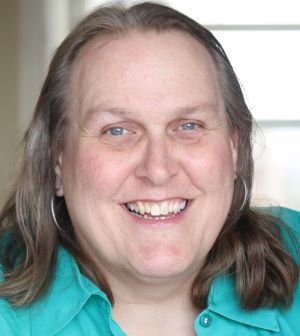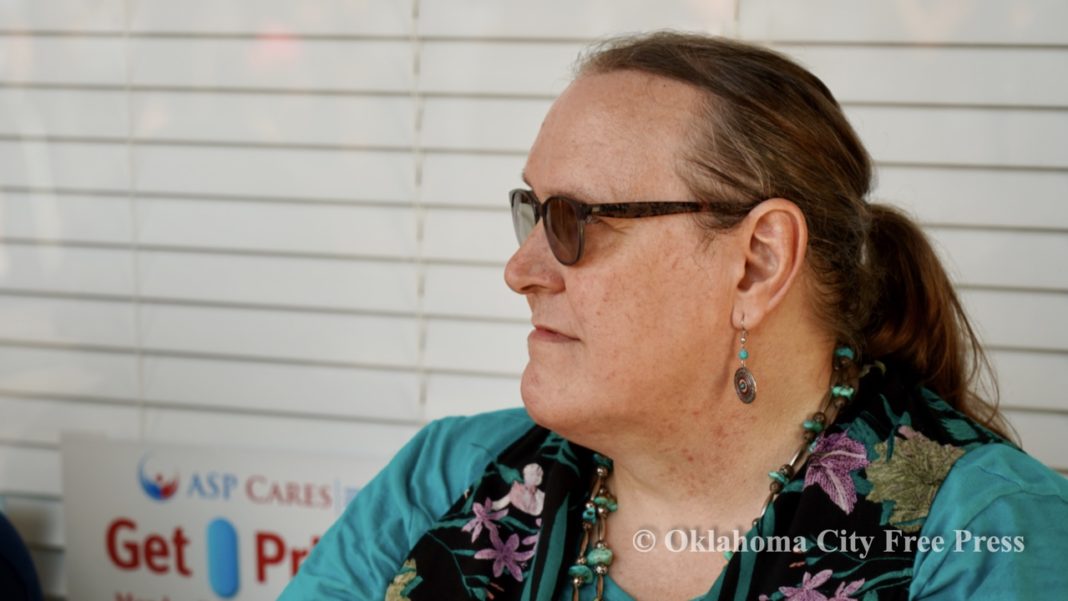Last Updated on January 5, 2024, 12:57 AM | Published: May 21, 2021
Paula Sophia Schonauer, LCSW, continues a serial memoir. If you haven’t read the earlier parts of this series take a look:
- Manhood, from the inside out — Memoir and Mythology
- Part 2 — Cubby Hole
- Part 3 — Magic Carpet Cocoons
- Part 4 — Snips and Snails and Puppy-Dogs’ Tails
- Part 5 — Mirror
- Part 6 – Deep Water
- Part 7 – Limbo
- Part 8 – Dissociation
- Part 9 – Shame
- Part 10 – Judgement Day
“Abandon all hope, you who enter here.”
– Dante Alighieri, Inferno
I recall wishing Mr. Haus had given me a spanking. Instead, he let me squirm for the entire class period, releasing me when the school bell rang. The physical pain of a spanking would have externalized my turmoil, providing a release for the guilt and dread welling in my heart.
Was I a sodomite? I wanted to know more, but I had nobody safe to ask, certainly not Dad.
Mom probably wouldn’t know, and I could not ask Mr. Haus. The idea of doing so felt dangerous, a mortal threat. I suddenly felt alone dawdling back to the classroom, maneuvering among the other children crowding into the hallway, wall to wall, going in and out of the restrooms.
Dread churned my stomach, causing an ache, but I was afraid to go into the boy’s restroom.
The boys would be restless and rowdy, ready to expend energy, and I’d be the target. I imagined a swirly, a wedgie, and being pelted with wet paper towels crumbled into fist-sized balls. I turned around, moving against the crowd of children, and I drifted out the front door of the school, darting behind some bushes to vomit. By the time I finished, the second bell had rung. I was already late to class. When I tried to go back into the building, I found the doors locked.

It was a warm day in late September, so I began walking, not sure how to make it back to my grandparent’s house, but reasonably confident I could figure it out from the bus rides I’d taken for nearly a month. During those rides, I didn’t engage with the other kids very much. I just sat in my seat, looking out the window, learning landmarks: the high school, the cemetery, the Rexall drug store, the traffic light at Monroe Avenue near Lincoln Park, and about five blocks down from the traffic light, my destination. A long walk to be sure, but it was better than going back to school.
I had a new dream that night, vivid and disturbing.
I was on the beach portrayed in Dr. Johnson’s office, there among the mass of humanity gathered at the end of the world. The dark angel pointed its spear at me. Clouds parted, and a light beamed down from the sky, making me visible for everyone to see. Somehow, without realizing it, I had been elevated, the light unbearably bright, shining through me, revealing everything about me, even my thoughts.
A voice from the heavens spoke, “This one wants to be a girl.”
The mass of humanity laughed, their voices ringing with malevolence, and I burned with shame, which ignited sorrow and self-loathing. I knew I was going to hell.
After that, I became one of those kids who drew disturbing pictures in class, doodling barren trees, people hung by the neck, graveyards with ominous tombstones, skulls and skeletons, and ghosts, lots of ghosts. I was haunted by the images as much as I was drawn to them.
At the school library, I found a set of pictorial histories of World War II. One of the photos portrayed a stack of dead bodies frozen in Russian tundra, a soldier having retrieved one from the stack, standing with it, the frozen arms of the corpse outstretched like Christ crucified. Other photos depicted the emaciated corpses of Holocaust victims. I returned to those books time and again, orienting myself to hell, intrigued and repelled all at once. Even so, I remained terrified of judgment and condemnation, and I resolved to be as good as I could to win God’s favor.
The first hour every day at Redeemer Christian School was Religion class.
We pledged allegiance to the Flag of the United States of America and then to the Flag of Our Lord Jesus Christ. In second grade much of the instruction centered upon learning the Books of the Bible, important scriptures, and various statements of belief and prayers highlighted in the Lutheran Church Missouri Synod Catechism. We had to memorize the Apostles’ Creed, in which one line refers to Jesus descending into hell before rising from the dead and, eventually, ascending into heaven. This intrigued me. So, it was possible to get out of hell.
One day, Mr. Haus supervised recess on the playground, wearing his long black overcoat, his black winter hat, oval shaped, edged with fur. His glasses sparkled in the winter sun. He stood straight and stoic, hands gloved in black leather, no expression on his face.
“Good morning, Mr. Haus.”
“It is.”
His response mystified me. Not what I expected, but I was glad it was a good morning, after all.
“Can someone get out of hell?”
“What kind of question is that?”
“Just wondering.”
“Well, no. It says at the Gates of Hell that one must abandon all hope.”
“But Jesus went to hell,” I said.
Mr. Haus’ expression became stern. He looked down at me.
“You’ve been learning the Apostles’ Creed.”
“Yeah.”
“That’s yes.”
“What?”
“I don’t hear the word, ‘yeah.’”
“Oh … yes, we have.”
I paused, afraid to ask the big question.
“And… do you have anything else, young man?”
“Yes… If Jesus can get out of hell, can other people?”
Mr. Haus almost grinned, eyes bright with interest, but that might have been the sunlight in his glasses. “Only sinners stay in hell,” he said. “Jesus never sinned.”
“Then why did he go to hell?”
Mr. Haus shifted his stance and leaned lower. “You ask a lot of questions.”
“But I need to know.”
“Because the devil wanted him but couldn’t keep him.”
“So, everyone else, he keeps, the devil I mean.”
“Yes, unless you can walk on water,” Mr. Haus said.
The “you” in his statement was likely the collective you, but what I heard was the personal you.
One thing I did know, I could not walk on water.
Guest Columnist Paula Sophia is a licensed clinical social worker in Oklahoma City and a former Oklahoma City Police Officer.







